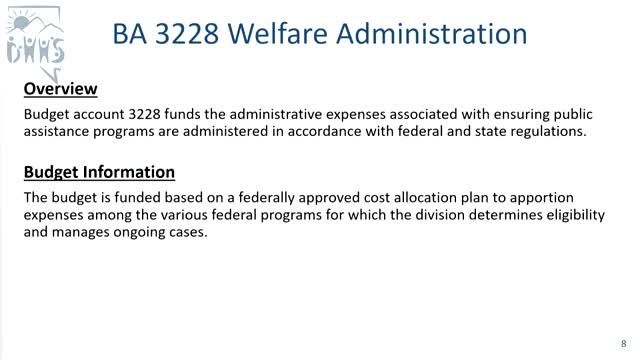Article not found
This article is no longer available. But don't worry—we've gathered other articles that discuss the same topic.
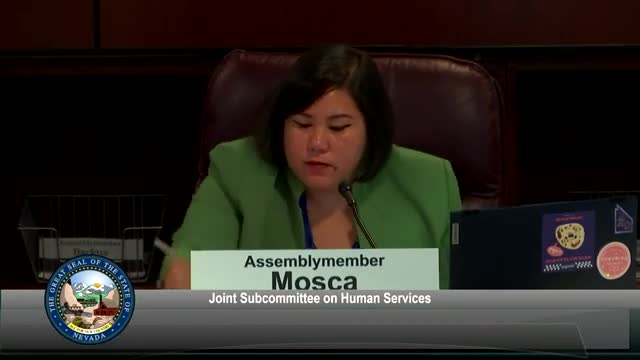
Division seeks to convert intermittent energy‑assistance positions to permanent roles
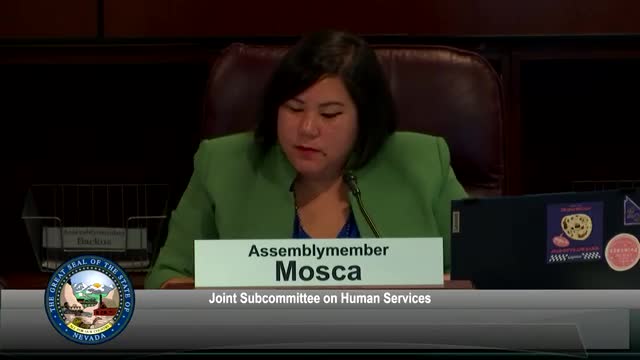
Childcare subsidy caseload being reduced to match funding; division replaces vendor and issues new RFP
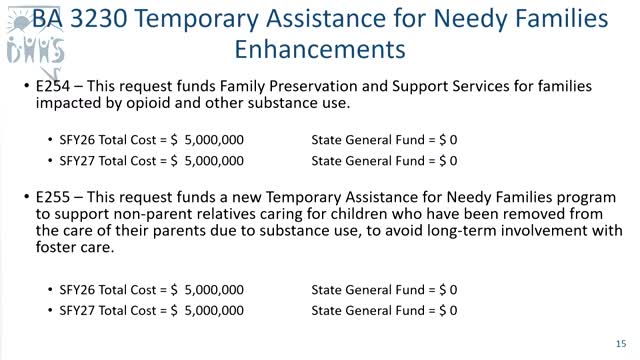
Division proposes using opioid‑settlement funds for family preservation and expanded kinship care grants
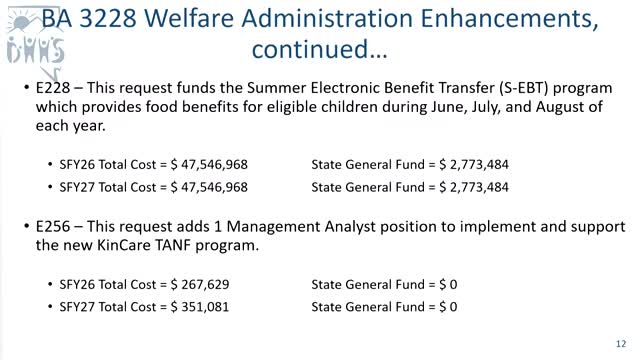
State seeks $48 million for Summer EBT, plans expanded outreach to reach 350,000 children
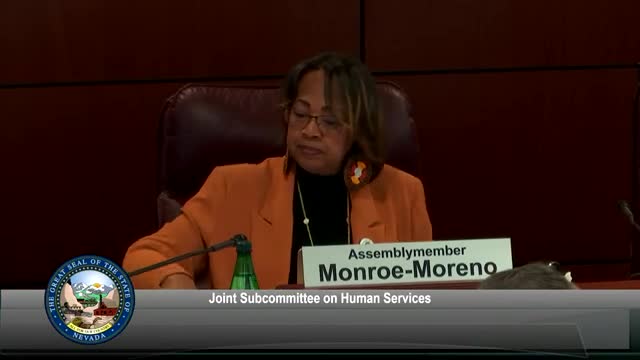
Division cites rising fraud, AI misuse and asks for investigators and supervisory staff
